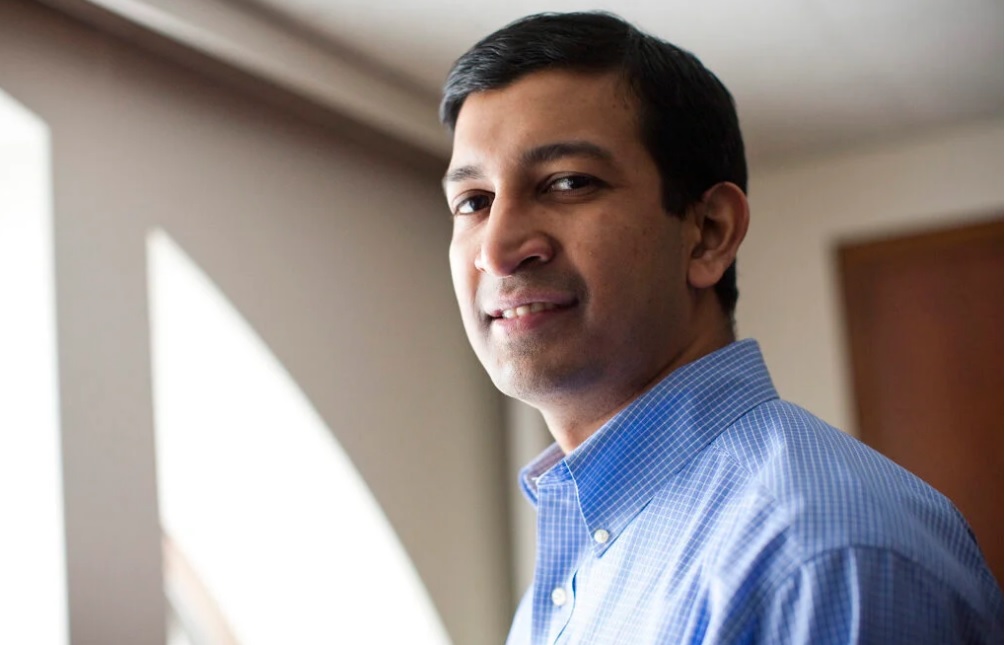Raj Chetty and Michael Springer awarded Harvard’s George Ledlie Prize
Raj Chetty, an Indian-American economist, and Michael Springer, a biologist, have been awarded Harvard University’s George Ledlie Prize for their groundbreaking work in their respective fields.
Chetty, a professor of economics at Harvard University, is known for his work on economic mobility. He has used big data to study the factors that influence a person’s ability to move up the economic ladder. His research has shown that the American Dream is not as attainable as many people believe, and that there are significant obstacles that prevent people from achieving upward mobility.
Springer, a professor of systems biology at Harvard Medical School, is known for his work on developing new diagnostic tests. He was instrumental in developing a faster and more accurate COVID-19 test, which has helped to improve the fight against the pandemic. He also helped to design and operate the new Harvard University Clinical Laboratory (HUCL), which has managed testing and samples for the university community.
About the George Ledlie Prize
The George Ledlie Prize is awarded by the President and Fellows of Harvard College to a member of the Harvard community who has made the most valuable contribution to science, or in any way for the benefit of mankind. It is awarded no more frequently than every two years.
Chetty and Springer are both deserving recipients of this prestigious award. Their work has made significant contributions to their respective fields, and it has helped to make the world a better place.
Here are some additional details about the two winners:
- Raj Chetty is a professor of economics at Harvard University and the director of Opportunity Insights, a research group that studies inequality. He is also a former advisor to US President Joe Biden on economic issues.
- Michael Springer is a professor of systems biology at Harvard Medical School. He is known for his work on developing new diagnostic tests, including a faster and more accurate COVID-19 test. He also helped to design and operate the new Harvard University Clinical Laboratory (HUCL).




 India Beat Pakistan in T20 World Cup 202...
India Beat Pakistan in T20 World Cup 202...
 Weekly One Liners 09th to 15th of Februa...
Weekly One Liners 09th to 15th of Februa...
 Highest Partnerships in India–Pakistan T...
Highest Partnerships in India–Pakistan T...








